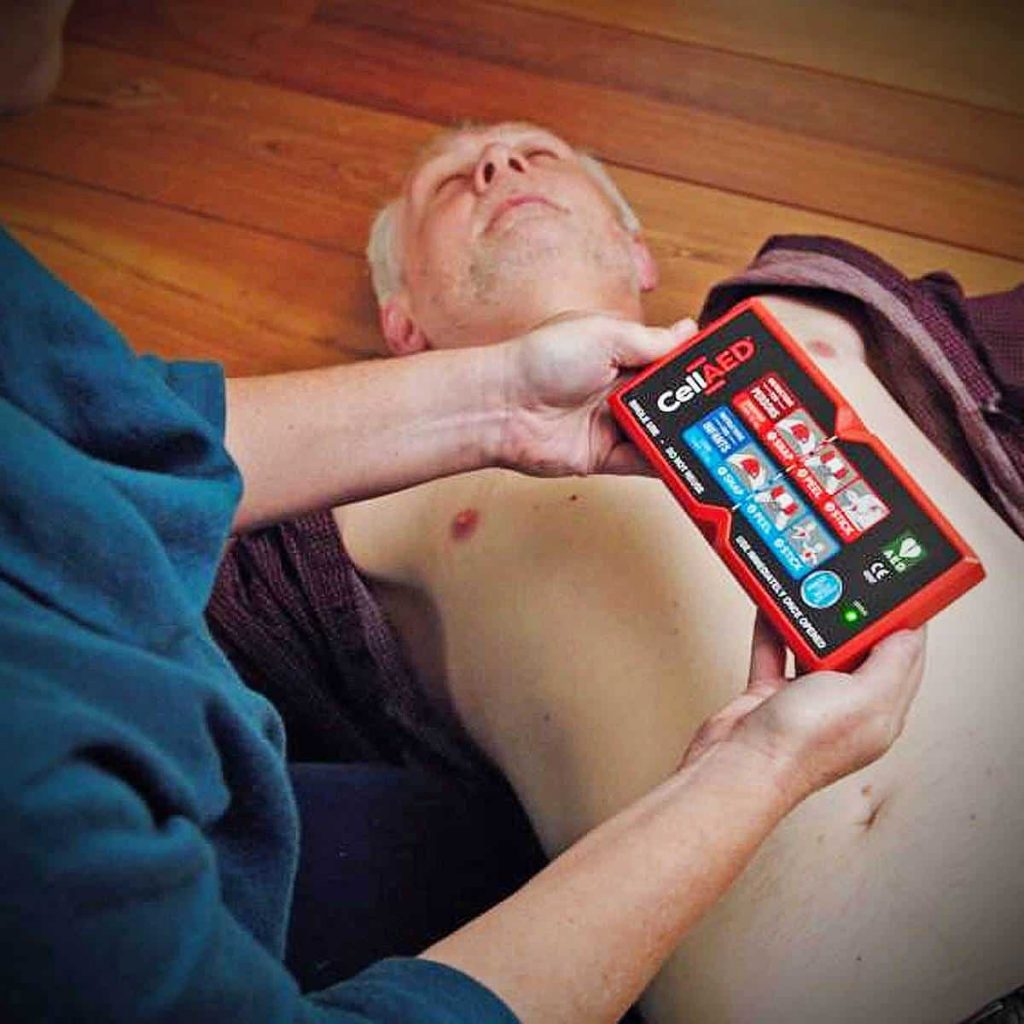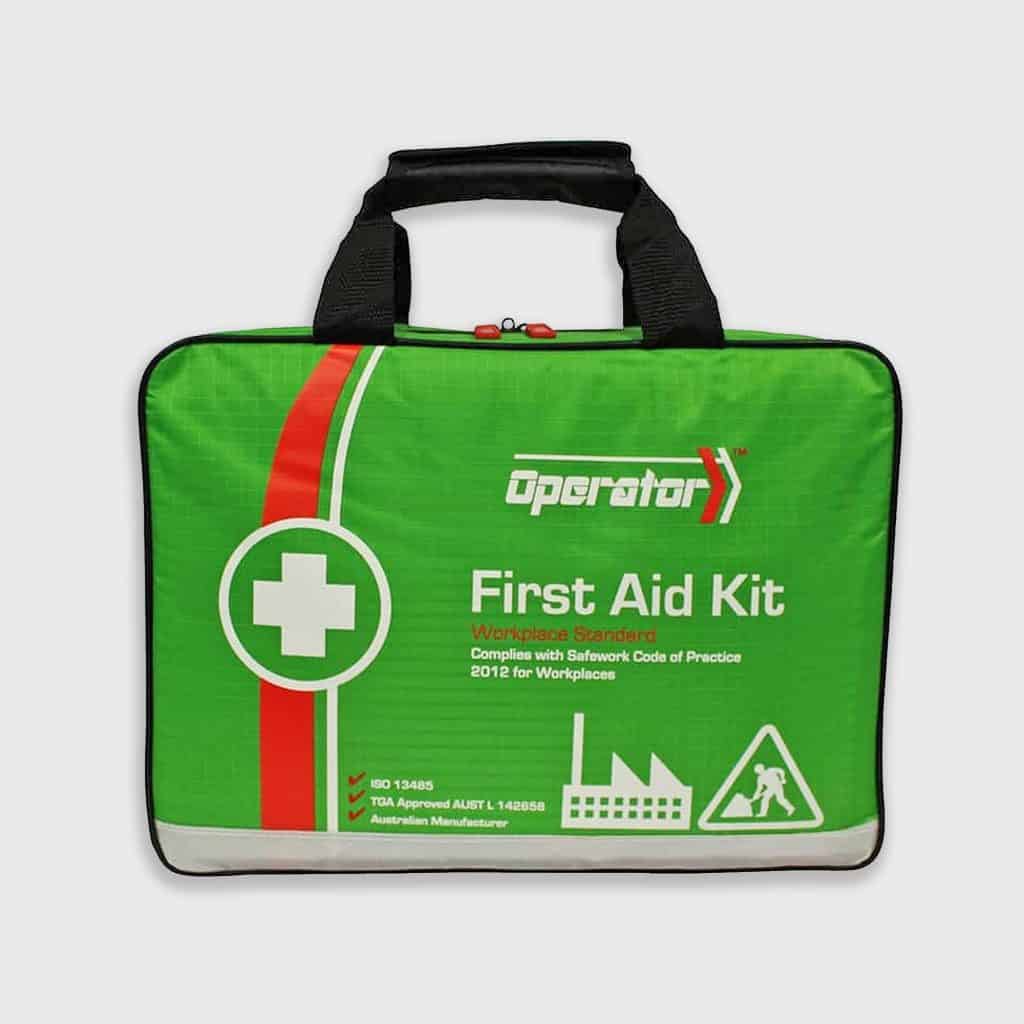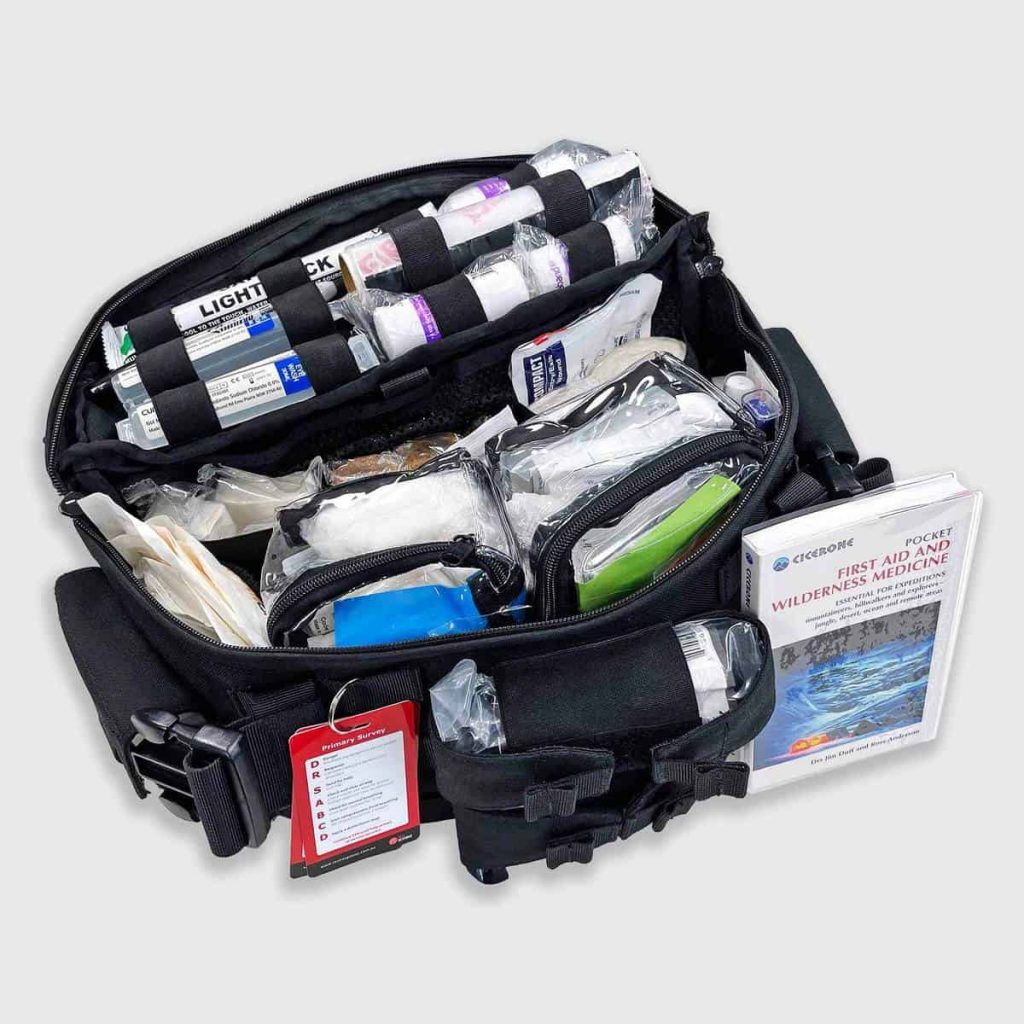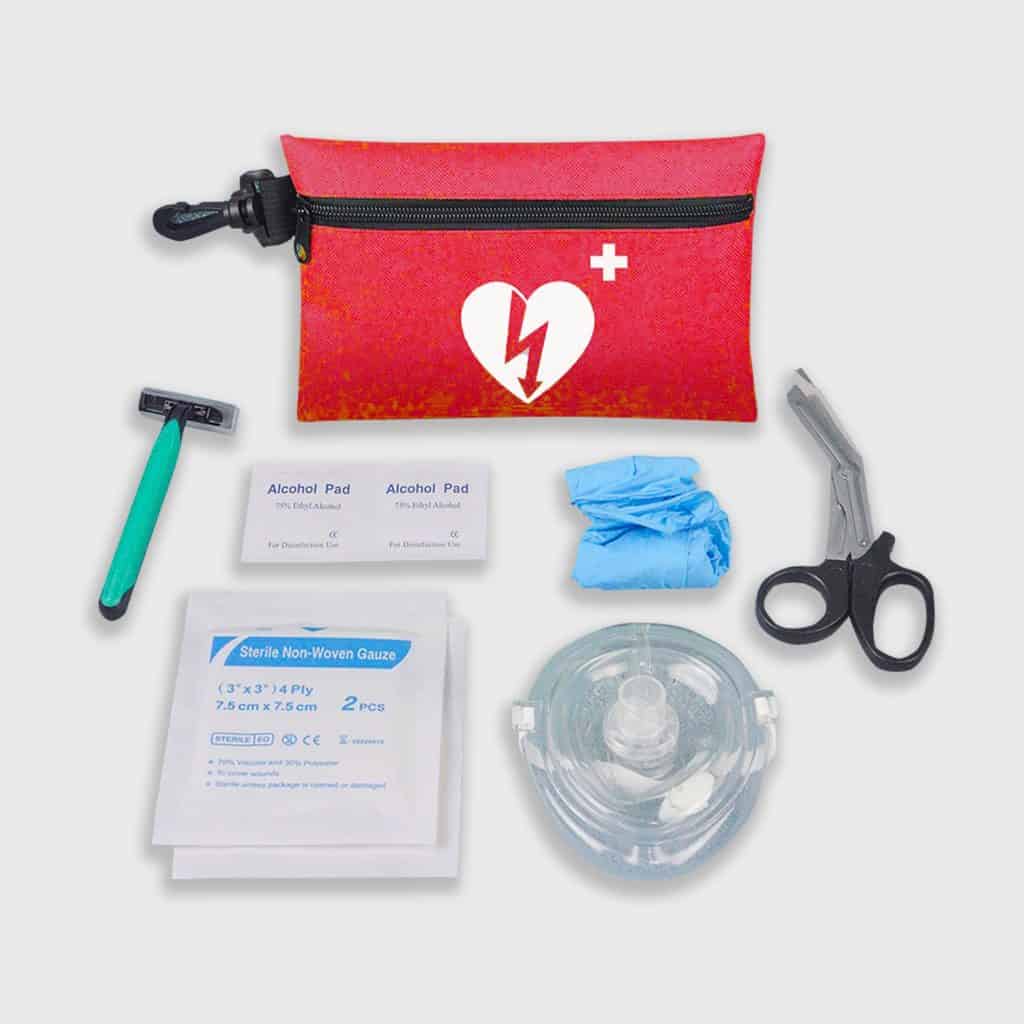The Provide Pain Management course (PUAEM008) is designed for those who may be required to administer analgesia (pain relief) during their duties as a first aider.
Most first aiders are not required to provide pain management due to the close proximity of ambulance resources or definitive care at hospital. However, remote environments or high risk industries may choose to provide their first aiders with pain relief medications such as Paracetamol, Methoxyflurane or Ibuprofen. This course develops the skills of how to assess pain and administer a pain relief medications when clinically indicated while maintaining the legal requirements of the use of such medications.




